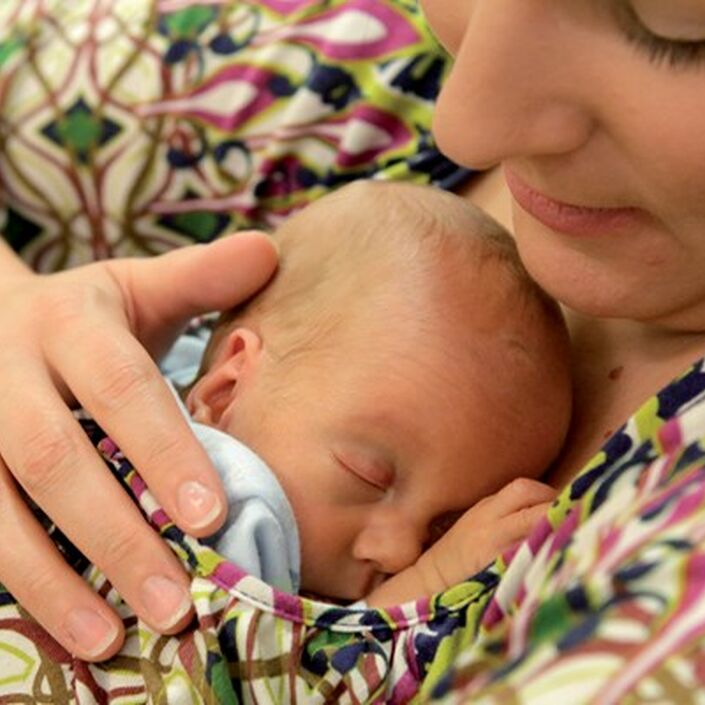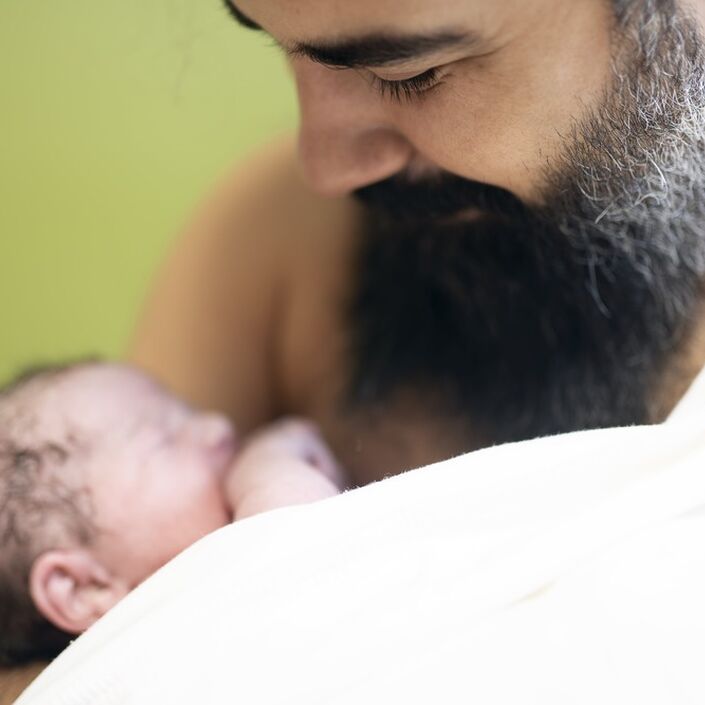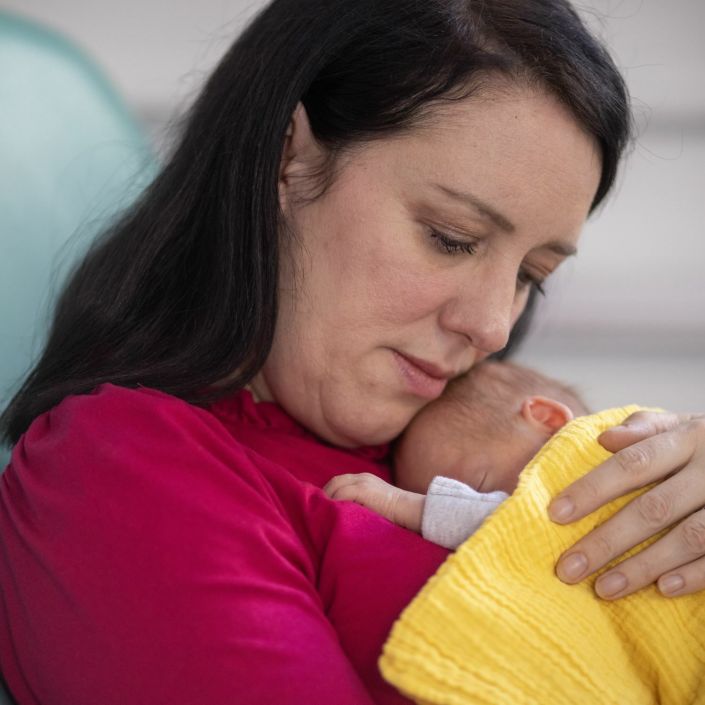What if my baby was born with a medical condition?
Neonatal units treat a number of medical conditions.
This can include problems found before your baby was born. These might be conditions which are carried in your family (called genetic or inherited conditions) or where your baby has developed in an unusual or different way in the womb (called congenital conditions).
This can include problems found before your baby was born. Your baby may have a condition if they were born early, or if they were born at term. These might be conditions which are carried in your family (called ‘genetic’ or ‘inherited conditions’) or where your baby has developed in an unusual or different way in the womb (called ‘congenital conditions’).
The staff will give you information about your baby’s medical condition, but if you ever want to know more, you can ask them. They will be happy to talk to you about any questions you might have.
NHS Choices have useful pages with lots of conditions explained. You can search via the NHS website.
Difficult births
If your baby had a difficult birth that required some extra medical attention (for example using forceps), they may receive care in a neonatal unit. This could be to treat them for any injuries or just to keep an eye on them for a short time before they go home.
Separation after birth
Sometimes your baby may be separated from you shortly after they are born. This could be for a number of reasons but usually means they require special care somewhere outside of a maternity ward.
The maternity care team will do everything they can to give you some time with your baby before they are moved, but this may not always be possible.





